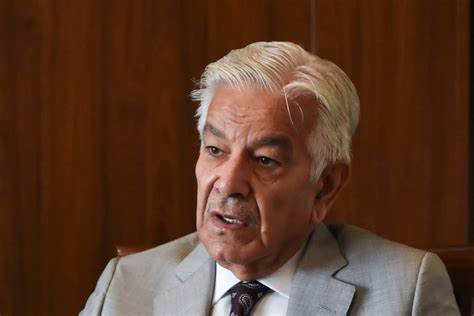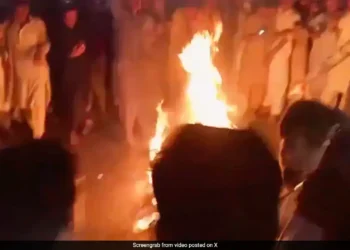Multiple blasts in Srinagar have raised serious questions about Pakistan’s intentions, with Indian officials pointing to China’s emboldening influence as a key factor in the sudden violation.
BY PC Bureau
Beijing’s unequivocal backing of Pakistan has raised eyebrows across diplomatic circles, as Islamabad violated the freshly brokered ceasefire with India mere hours after agreeing to it. What shocked observers most was not China’s support — long considered a given — but the openness and timing of its declaration, just as Pakistan stood accused of sponsoring terrorism and breaching a peace deal orchestrated by the United States.
In a phone call with Pakistan’s Deputy Prime Minister and Foreign Minister Ishaq Dar, Chinese Foreign Minister Wang Yi reiterated Beijing’s commitment to standing “firmly by Pakistan” in safeguarding its “sovereignty, territorial integrity, and national independence.” The statement, released by Pakistan’s Foreign Office, underscored the strategic depth of the two nations’ partnership and added fuel to growing regional tensions.
ALSO READ: Opinion: US-Brokered Truce Tests India’s Rejection of Third-Party Mediation
Just hours before, U.S. President Donald Trump had announced a “full and immediate” ceasefire agreement between India and Pakistan, claiming credit for brokering the deal. U.S. Secretary of State Marco Rubio lauded both Prime Ministers Narendra Modi and Shehbaz Sharif for choosing “the path of peace.”
But the ceasefire was swiftly undermined. Explosions rocked Srinagar around 8:53 PM IST, prompting air defense responses in the heart of the city and alarming residents. Social media lit up with reports and videos of sirens and blasts, sparking speculation about yet another Pakistani violation of the LoC truce. Jammu and Kashmir Chief Minister Omar Abdullah voiced public outrage, asking bluntly on X: “What the hell just happened to the ceasefire?”
ALSO READ: Explosions Rock Srinagar Hours After Indo-Pak Ceasefire
Indian officials suspect that Pakistan, emboldened by China’s vocal support, may have chosen to test the limits of the agreement. The so-called “Dragon Factor” — China’s assertive role in the region — has once again complicated South Asia’s volatile power dynamics.
Deputy Prime Minister/Foreign Minister Senator Mohammad Ishaq Dar @MIshaqDar50 spoke today with the Foreign Minister of China, Wang Yi.
During the conversation, the DPM/FM briefed Foreign Minister Wang Yi on the evolving regional situation in the wake of last night’s Indian… pic.twitter.com/U7dV4QdtGM
— Ministry of Foreign Affairs – Pakistan (@ForeignOfficePk) May 10, 2025
In a parallel diplomatic move, India’s National Security Advisor Ajit Doval held a call with Wang Yi to register New Delhi’s deep concerns. Doval reportedly conveyed India’s expectations for regional stability and urged Beijing to refrain from actions or rhetoric that might encourage Pakistan’s adventurism. Though official readouts were limited, sources suggest the conversation was firm and focused on the urgent need for de-escalation.
Pakistan also reached out to other allies. Dar spoke with UAE Deputy Prime Minister and Foreign Minister Sheikh Abdullah bin Zayed, who welcomed the ceasefire, as well as Turkish Foreign Minister Hakan Fidan. But it is China’s immediate and public alignment that has drawn the most scrutiny — and arguably, given Islamabad the political cover to act in defiance of the truce.
With no official confirmation yet on the cause of the Srinagar explosions, uncertainty looms. But for many in the region, the message is clear: sustaining peace will be impossible if ceasefires are treated as mere diplomatic formalities — and if powerful allies tacitly enable their breach.













